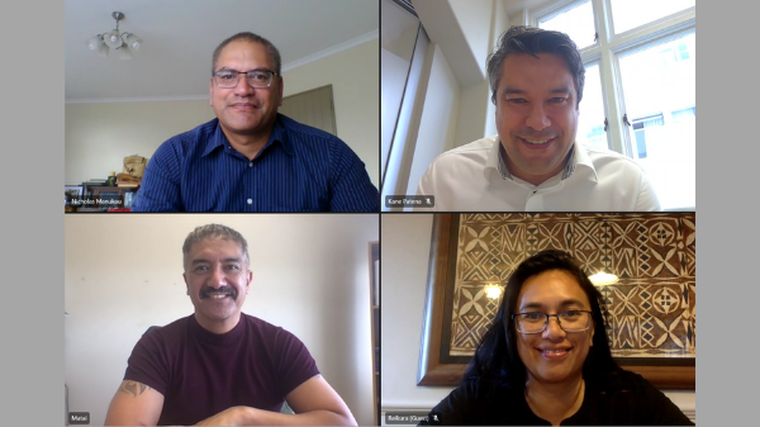Boost for bilingual road signs

Waka Kotahi NZ Transport Agency and Te Mātāwai have agreed to make joint decisions on the next set of bilingual traffic signs expected to progress to public consultation later in 2022.
The He Tohu Huarahi Māori Partnership Rōpū will be supported by a multi-disciplinary team from both organisations and an expert panel of te reo Māori translators.
Te Mātāwai is an independent entity that aims to promote the use of te reo in homes and the community.
Its board co-chair Reikura Kahi says she and fellow partnership member Mātai Smith are clear their focus will be on ensuring iwi Māori views are heard and acted on so that iwi and Māori identity is enhanced at the local level.
“We have seen the commitment to our language increase in the media, on television, in supermarkets and contemporary music, so seeing more te reo Māori at a community level where whānau live and play is a logical and critical next step,” she says.
The final groups of signs will be shared for feedback with a wider iwi/Māori audience and local government, which will be responsible for implementing the signs on local roads. Public consultation will also be required as the signs involve making official rule changes.
Kane Patena, director of land transport, says the Waka Kotahi vision of contributing to having te reo Māori seen, heard and spoken is aligned with Te Mātāwai.
“Bilingual signs have been used on the roads for some time but progressing these groups of signs at once will help with more consistent, cost-effective and safe use across Aotearoa New Zealand,” he says.
It’s currently expected the bilingual signs will be implemented as new projects are progressed or as older or damaged signs need to be replaced.
A Kura School signs suite was released for public consultation late last year. An announcement will be made in due course and will include the final specifications for the signs.
Numerous countries use bilingual signs and no evidence has been found of bilingual signage increasing the number of people being killed or seriously injured where this has been measured, for example in Scotland.
Pictured above are Reikura Kahi, Mātai Smith, Kane Patena and Nicholas Manukau, Waka Kotahi’s senior manager Māori.





